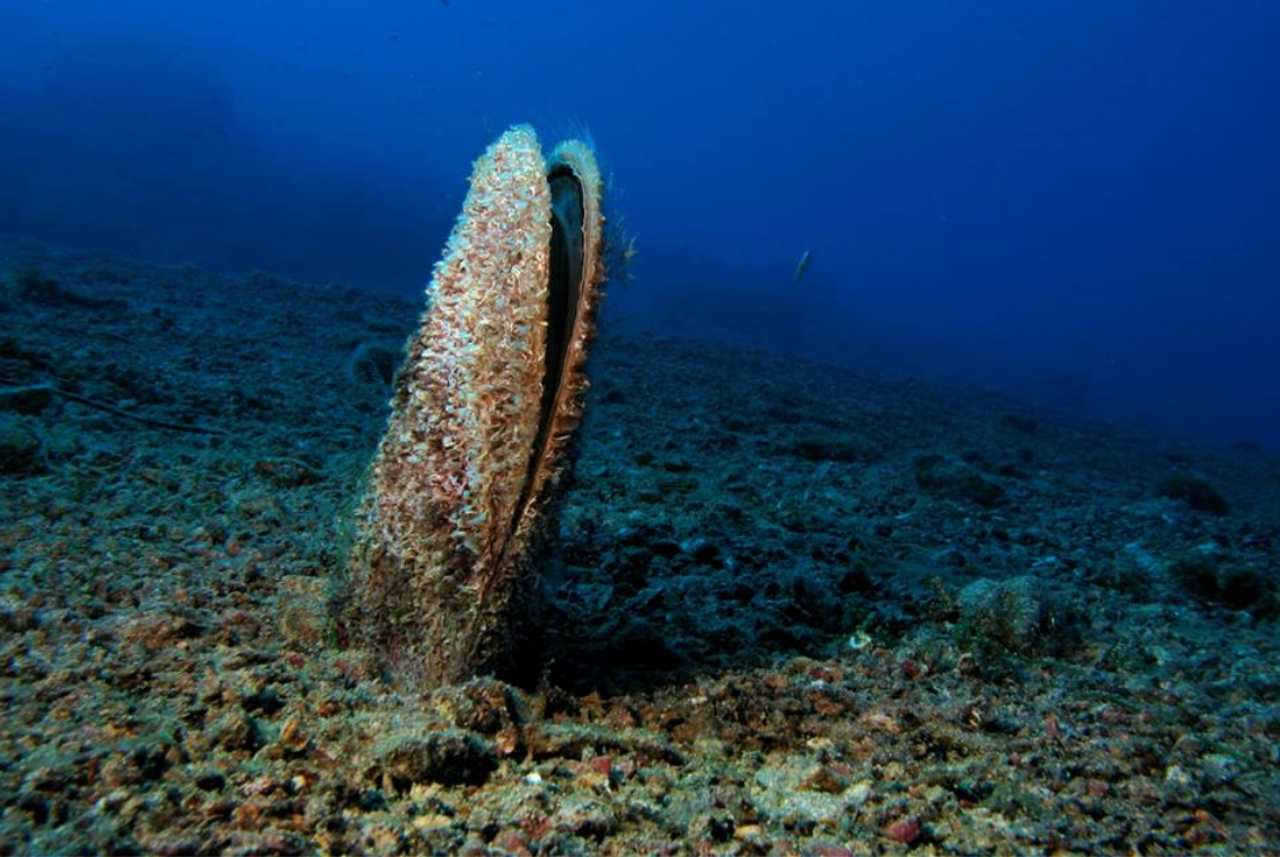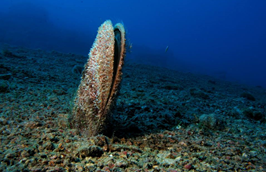21.12.2020.
“This summer it became obvious that the situation with the number of the noble pen shell individuals (Pinna nobilis) in the Adriatic is alarming. This is an endemic bivalve of the Mediterranean Sea, which has become decimated in other parts of the Mediterranean as well. We have to do all we can to prevent the extinction of this hallmark Adriatic inhabitant, so the Environmental Protection and Energy Efficiency Fund has provided around 2 million kunas for three ongoing projects,” said Kukić.
The projects are coordinated by the Institute for Environmental and Nature Protection at the Ministry of Economy and Sustainable Development, and implemented by the Public Institution Brijuni National Park in the North Adriatic, Telašćica Nature Park in the Central Adriatic, and the Public Institution Public Institution for the Management of Protected Areas in Split-Dalmatia County “More i krš”.in the South Adriatic. The total value of these projects is HRK 2.5m, with 80% being financed by the Fund.
The focus will be on the protection of the remaining shell individuals, and finding those that are potentially resistant that could reproduce, thus developing the natural “immunity”. It is planned to leave such individuals in their natural habitat, with appropriate protection from potential human activity. The Pinna nobilis larval collectors will be put in place, with physical protection of the collected individuals from anthropogenic activity, and from other natural predators in order to improve their survival rate. Part of the larvae can be transferred into aquariums; there are currently some hundred living adult noble pen shells in the Pula Aquarium quarantine pools. The goal is to keep the noble pen shells alive, and to prompt their reproduction ex situ.
Although it is believed that the main cause of the noble pen shell perishing is the parasite Haplosporidium pinnae, it is probably not the only cause. This process is accelerated by the rising sea temperatures caused by climate change. Some scientists see this situation as a warning regarding the health of the Mediterranean, and they believe that the dying out of the Pinna nobilis could also imply extinction of other species, so it is of the utmost importance to act as soon as possible, and to share the experience gained in similar European projects.
Having regard to the global climate change, i.e. average increase in sea temperatures potentially contributing to the dying out of the noble pen shell, it is essential to implement adaptation measures in line with the changed conditions, and to take the appropriate steps to protect this unique species.







